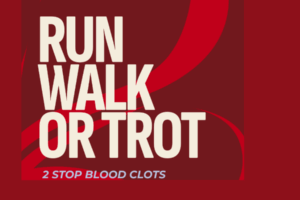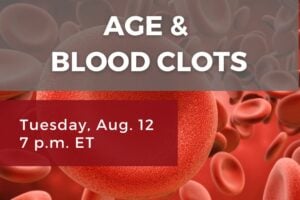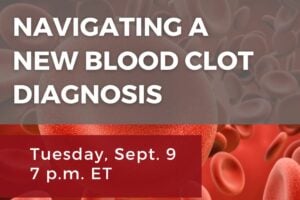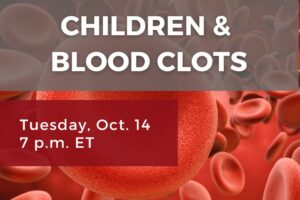The Jennifer Luft Emerging VTE Clinician Research Award is named in memory of Jennifer Luft, who suffered from pulmonary emboli in 2012 at age 23, resulting in an anoxic brain injury that left her unable to walk or talk. Jennifer’s family lovingly cared for her at their home in upstate New York until her death in 2022.
In 2023, the National Blood Clot Alliance established this award to recognize outstanding early-career scientists and clinicians committed to advancing the understanding and treatment of venous thromboembolism (VTE) through patient-oriented research.
This $20,000 award is designed to support projects focused on improving the care and outcomes of VTE patients. Potential areas of research include but are not limited to:
- Shared decision-making
- Access to care
- Quality of life
- Addressing health disparities
Applicants may be working in basic, translational, clinical, epidemiologic, bioengineering sciences or any other field, but must be currently working on or planning a project specific to blood clots and that is patient-oriented (e.g., studies of shared decision making, access to care, quality of life, health disparities, etc.) The award may be used to support current or planned patient oriented VTE research.
The award may also fund professional development, attendance at VTE-related conferences, or other activities that align with a patient-centered focus on VTE research and clinical science.
Eligibility Criteria
To apply, you must meet the following requirements:
- Be affiliated with a U.S.-based academic, non-profit, or governmental institution.
- Be within 10 years of completing a professional degree or clinical training.
- Not hold the title of associate professor or higher at the time of submission.
- Prior recipients of the Jennifer Luft Emerging VTE Clinician Research Award are not eligible.
Application Deadline
The Jennifer Luft award is now open for application submissions, due Friday, Feb. 28, 2025 by 11 p.m. ET.
Application Process
Submit the following materials to info@stoptheclot.org by the deadline:
- CV or biosketch: Highlight your background, achievements, and alignment with patient-oriented VTE research.
- Personal statement: Explain your commitment to VTE research, career goals, and how this award will support your work. Include any personal or professional experiences that have shaped your interest in patient-centered VTE research.
This award represents an opportunity to advance patient-centered care and foster innovation in the understanding and treatment of VTE. We encourage clinicians with a passion for improving patient outcomes to apply and honor Jennifer’s legacy through impactful research.







